The Trump administration's decision to cut funding for long-term housing programs for the homeless has sent shockwaves through the non-profit sector, with far-reaching implications for the estimated 170,000 individuals who rely on these services. The move, which will redirect funds towards transitional housing that requires work and addiction treatment, has been met with widespread criticism from advocates who argue that it will exacerbate the homelessness crisis.
According to sources, the Department of Housing and Urban Development (HUD) will be slashing funding for long-term housing programs by as much as 50%, with the majority of the cuts targeting programs that provide permanent supportive housing for individuals with disabilities. This represents a significant shift in policy, as the previous administration had prioritized permanent supportive housing as a key strategy for addressing homelessness.
The financial details of the cuts are stark. With a total of $2.8 billion in funding at stake, the impact on local non-profit organizations and government agencies will be severe. Many of these organizations rely on HUD funding to provide essential services, including housing, food, and job training, to vulnerable populations. The loss of this funding will not only put these services at risk but also threaten the livelihoods of thousands of employees who work in the non-profit sector.
The market impact of the cuts will be felt far beyond the non-profit sector. Homelessness is a complex issue that affects not only individuals but also local economies and communities. Studies have shown that homelessness can have a significant impact on property values, public health, and even the local tax base. By cutting funding for long-term housing programs, the Trump administration is essentially betting that transitional housing will be a more effective solution to addressing homelessness.
However, critics argue that this approach is misguided and will ultimately lead to more people ending up on the streets. "This is a recipe for disaster," said one advocate. "Transitional housing is not a substitute for permanent supportive housing. It's a Band-Aid solution that will only serve to further marginalize the most vulnerable members of our society."
The company/industry background is complex and multifaceted. The non-profit sector, which includes organizations that provide housing, food, and other essential services to vulnerable populations, is a critical component of the US social safety net. However, the sector has faced significant challenges in recent years, including funding cuts, increased demand for services, and a shortage of skilled workers.
Looking ahead, the future outlook for the non-profit sector is uncertain. While some organizations may be able to adapt to the changes in funding priorities, others may struggle to survive. The impact on local communities will be significant, with many individuals and families at risk of losing access to essential services.
In conclusion, the Trump administration's decision to cut funding for long-term housing programs for the homeless has sent shockwaves through the non-profit sector, with far-reaching implications for individuals, communities, and the economy as a whole. While the administration's goal of promoting self-sufficiency and addressing the root causes of homelessness is laudable, the approach is misguided and will ultimately lead to more people ending up on the streets.
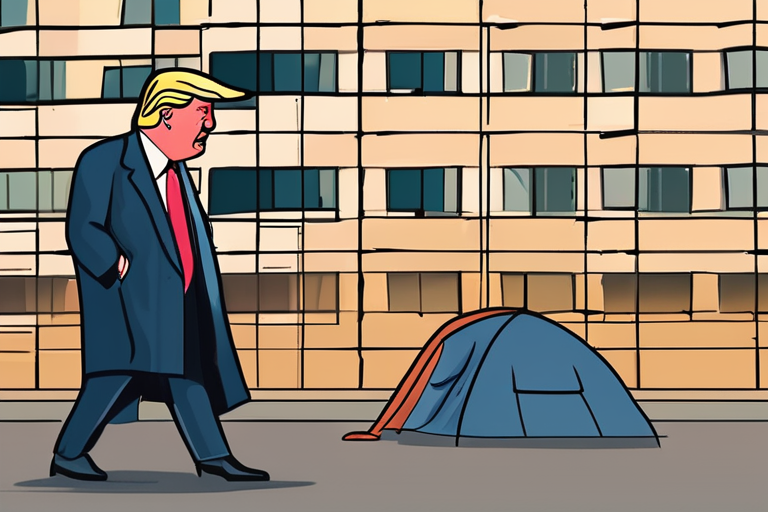




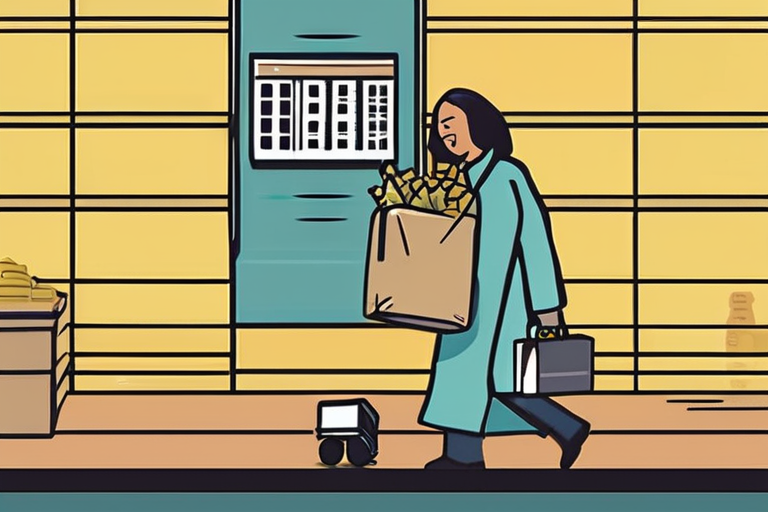

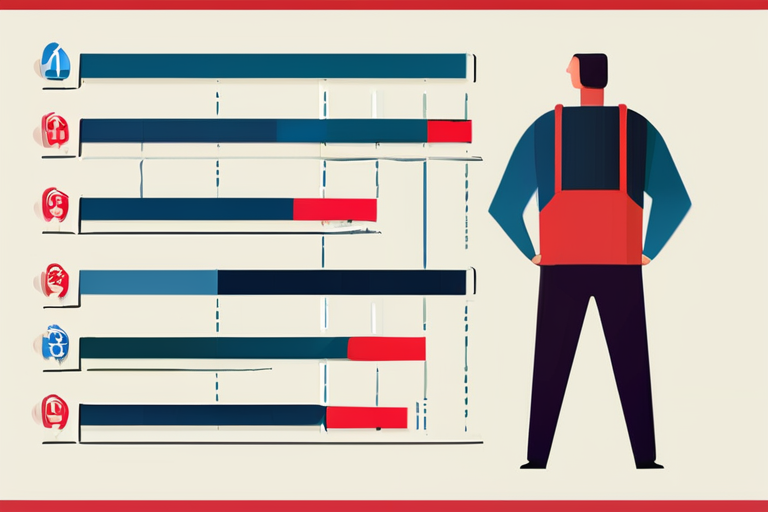


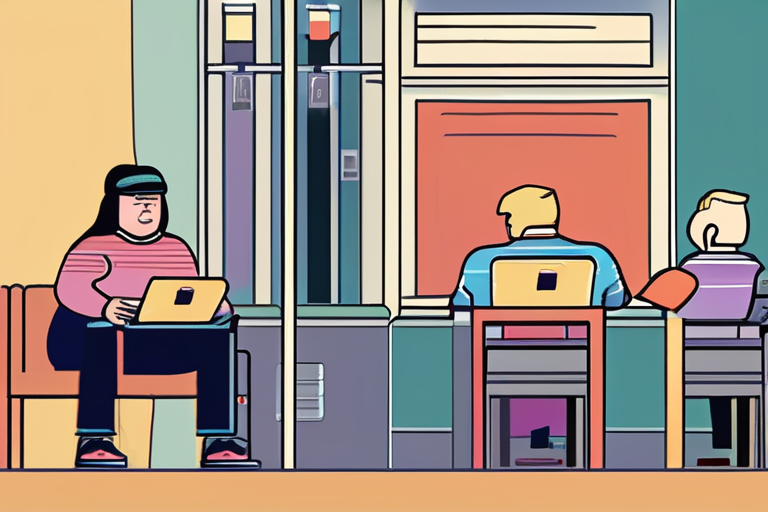


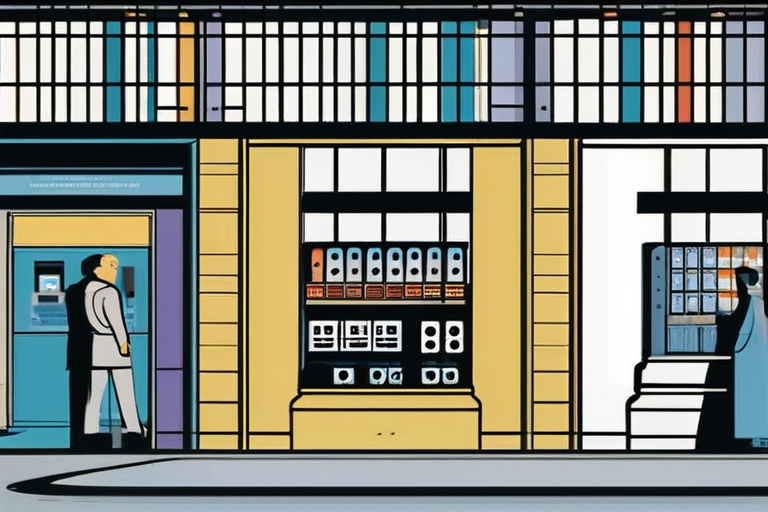



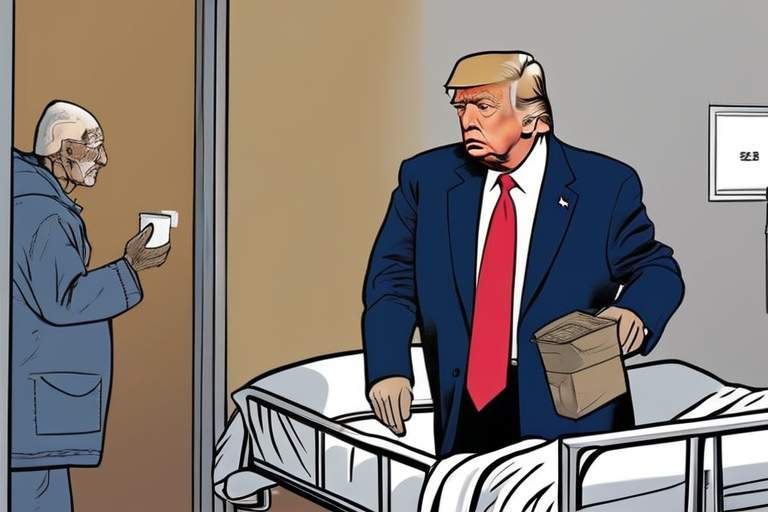



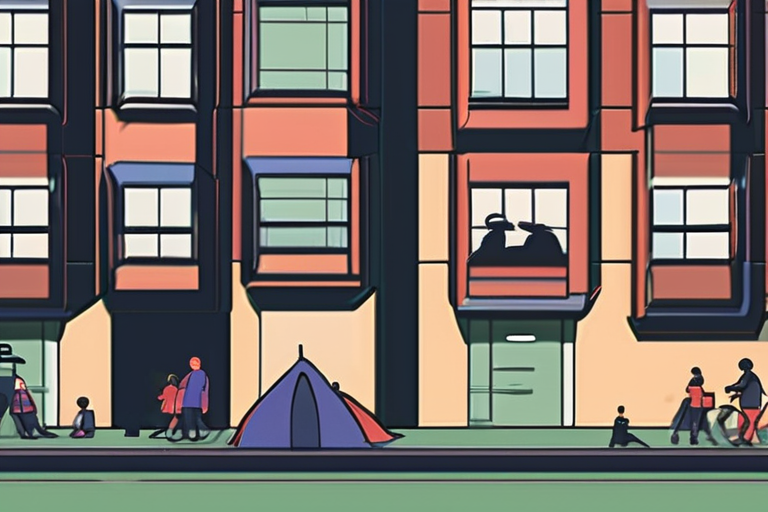





Share & Engage Share
Share this article